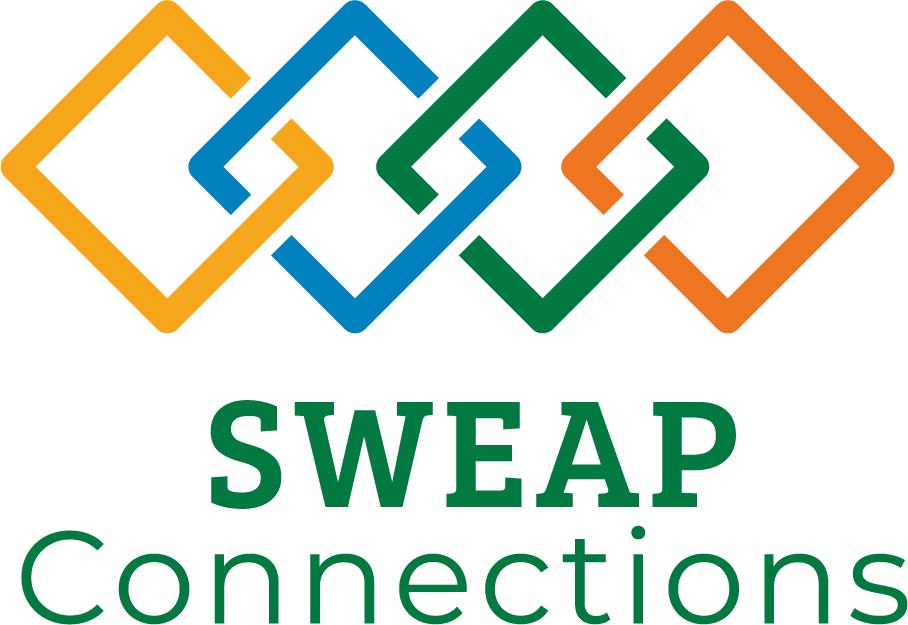Mental health is a critical issue for organizations and their employees, and problems are on the rise. For example, in a recent survey, 59% of people reported stress and burnout as a top concern. And one-third said they are experiencing a decline overall in mental health and wellbeing.
Signs of Burnout
Human resource managers and supervisors are in a prime position to help, and they can be trained to recognize concerns and watch for burnout.
Signs can include:
- A change in work habit or attitude
- Loss of enthusiasm or motivation
- Absenteeism or tardiness
- Negative reactions or comments
- Emotional outbursts
- Health problems
- Drug or alcohol use
The ROI of Supporting Wellbeing
Addressing mental health needs helps an organization as employees’ wellness and wellbeing directly correlates to their work performance.
Stress, grief, depression, or anxiety directly affect focus and engagement, which starts to decrease productivity. There is a cost to time spent managing interpersonal issues because they affect the work environment.
Research shows that every $1 investment in mental health improvement programs has a $3 to $5 return on investment.
Importance of Mindfulness and Mental Health
SWEAP Connections’ Allison Atkinson addresses this topic in-depth and offers tips in her presentation “Stress in the Workplace: The Importance of Mindfulness and Mental Health.” Watch her full presentation from the Arkansas Municipal League’s conference in March 2022:
Remember that mental health issues may mean something is wrong, but it doesn’t mean something is wrong with you. Mental illness is diagnosable like a physical illness, with specific criteria, treatment plans, and care.
Are You Fully Engaging Your EAP and Other Benefits?
As Arkansas’ leading local EAP, SWEAP Connections can help arm your organization with knowledge and resources to address these issues. This includes training on what this looks like in the work environment and how they can help, best practices for balancing accountability and compassion. SWEAP staff also work directly with employees, to counsel them or coach them through an issue.
Call SWEAP at (501) 663-1797 or (800) 777-1797; or email [email protected] to discuss training and counseling options.

